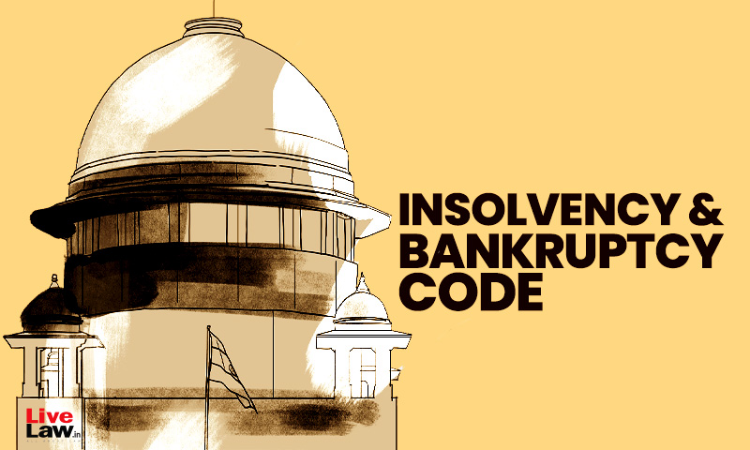IBC- Once Resolution Plan Is Approved, No Modifications Are Permissible : Supreme Court
Pallavi Mishra
23 March 2023 4:22 PM IST

Next Story
23 March 2023 4:22 PM IST
The Supreme Court has held that the declaration made by the NCLT to the effect that the trademarks “Deccan Chronicle” and “Andhra Bhoomi”, which originally belonged to Deccan Chronicle Holdings Ltd. (“DCHL/Corporate Debtor”), continues to be under the ownership of DCHL post the approval of resolution plan, would amount to impermissible modification of resolution plan as the same...
